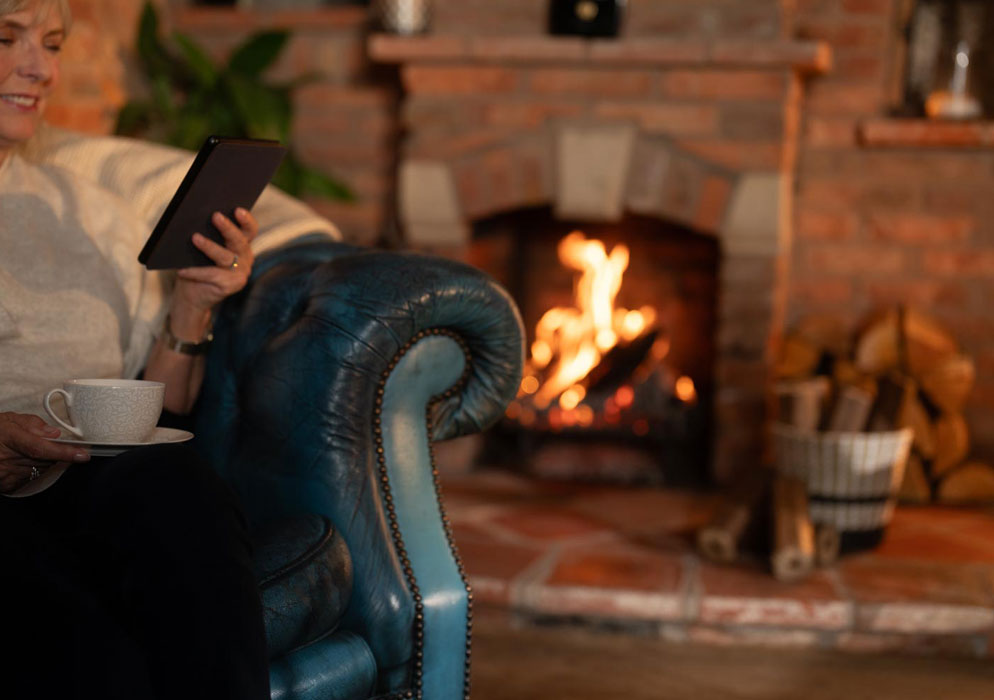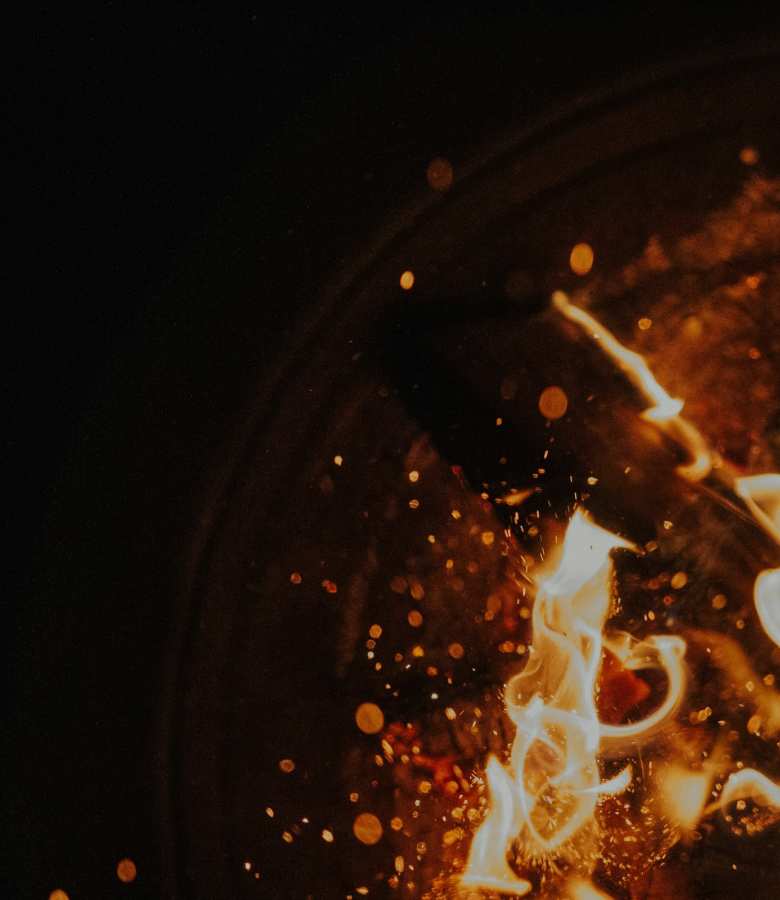Fire is one of the most important natural elements that we depend upon for our survival as a species. But before we mastered fire, it sparked terrible fear into our ancestors as it tore through the natural world. This article introduces a brief history of our relationship with fire and shows just how far we’ve come in mastering this essential natural element.

Our mastery of fire: Africa or the Middle East?

According to the Royal Society, there’s evidence that human beings started using fire approximately 400,000 years ago. However, other sources suggest that human ancestors realised the potential of fire as long as one million years ago after signs were found in a South African cave. Archaeologists discovered charred animal bones and ashed plant remains at a site that is known to have been habituated by humans and hominins for more than 2 million years.
If this evidence is widely accepted, it means that South Africa’s Wonderwerk Cave takes the prize away from Israel’s Qesem Cave, as the place where humans first learned how to control fire. Before this, early humans almost certainly feared fire. This is because fires broke out as a result of natural occurrences, be it wildfires from lightning strikes or as a result of volcanic activity. Wildfires would have decimated the natural environment and destroyed food sources, making them a source of fear and angst for early human beings.
Fire for food, light, and warmth
Whether you agree with the assessment that fire was first controlled in the Lower Paleolithic period in Africa or several thousand years later in the Middle East, there’s no doubt that it was a gradual process. In the earliest incidences, human ancestors learned that fire could be used to preserve food, particularly freshly killed meat. By roasting meat, our ancestors learned that it wouldn’t spoil as quickly, reducing the amount of time they had to spend hunting their prey.
Early humans also realised that a fire could provide a source of light and warmth when controlled, allowing them to function during the hours of darkness. Previously, early humans would have used the hours of darkness for nothing more than sleep, but with the control of fire, they were presented with a whole host of new opportunities.
The key to our evolution as a species

Something many scholars agree on, however, is that fire almost certainly wasn’t controlled by accident. It was likely that early humans came together to discuss and plan how best to use fire to their advantage. But even the most optimistic among our ancestors couldn’t possibly have foreseen the significant advantages that fire would bring. It contributed to the development of our species, extended lifespans, and allowed us to ascend to the very top of the food chain.
It’s not amiss to say that our flourishing as a species is largely down to our mastery of fire, something that no other species has managed. Although open fires are not as widely used as they once were, many of us still enjoy nothing more than gathering around an open firepit with our friends, setting the world to rights.
How to enjoy an outdoor fire today

If you love the thought of controlling a roaring open fire in your back garden this summer, our kiln-dried firewood is the perfect fuel source. We also have a range of firelighting and kindling options, so you don’t have to worry about using flint and prehistoric tools to get your fire going! Given that our ancestors have been sitting around open fires for as long as one million years, it would be a shame to stop the habit in 2022.









